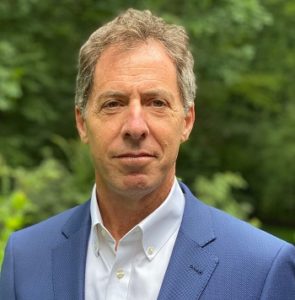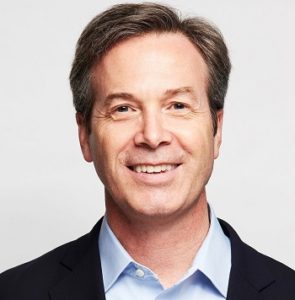Climate change’s rise to become an important electoral issue in the US shows why health professionals should continue to advocate for planetary health, say Edward Maibach and Anthony Leiserowitz
Many survey researchers—including us—have found that in 2020 climate change has emerged as a major electoral issue in the US.
This was on full display during the Democratic presidential primaries and caucuses, in which 29 candidates competed for the nomination that was eventually won by Joe Biden, the former vice president. All of the candidates took strong positions on climate change, ranging from commitments to immediately rejoin the Paris Agreement as president, to centering their entire campaign on the issue (Governor Jay Inslee). When the race narrowed to just two candidates—Senator Bernie Sanders and Biden—it became clear that Biden’s climate plan was not yet strong enough to earn the vigorous support of progressive Democrats. After winning the nomination, Biden worked together with Sanders and other climate leaders to develop “the Biden Plan.” This climate policy platform is much stronger and more specific than that of any other general election candidate for the presidency in US history.
Even President Trump—whose words and actions have consistently undercut America’s response to climate change—understands his vulnerability on this issue. His response has been to reframe the climate threat as the need for clean air and water, and to claim that his administration has “made it a top priority to ensure that America has among the very cleanest air and cleanest water on the planet.”
Our public opinion polling data help explain why climate change has emerged as a major electoral issue in the US. Over the past five years, despite vigorous climate disinformation campaigns, American voters have become: more convinced that human caused climate change is happening and more worried about it; more likely to say that global warming will be an important issue in determining their vote for president; and much less likely to say they would vote for a candidate who strongly opposes climate action. As a whole, the American public increasingly recognizes that Americans are already being harmed by climate change, and that it is harming the health of people in their communities.
This emerging public understanding of the health harms of climate change is an important step forward. Research has shown that learning about the health harms of climate change increases public engagement in the issue and support for climate action—especially for people in the middle of the political spectrum.
It’s not by chance that Americans are increasingly coming to understand the harms of climate change. Over the past four years, there have been multiple efforts to educate Americans about the health impacts of climate change, including the formation of the Medical Society Consortium on Climate and Health, which currently includes 30 national medical societies as members and more than 50 other health organizations as affiliates. Their key messages to the public and policy makers include: in communities across the nation, climate change is harming our health now; the health of any American can be harmed by climate change, but some of us (i.e., younger, older, sicker, poorer, black and minority ethnic Americans) face greater risks than others; and that taking action to reduce heat trapping pollution will not only protect us from the worst health harms of climate change, but immediately improve our health with cleaner air, cleaner water, and more secure access to nutritious food.
It is too early to make a causal inference about the effect of the climate and health educational activities of the American medical community on public opinion and the positions of candidates. That said, we know that health professionals are highly trusted voices in American society; when they explain how the health of Americans is already being harmed by climate change, it raises the salience of the issue in important new ways.
If Biden is elected, America will rejoin the world as a party to the Paris Agreement. Health professionals who have already helped educate the American public and policy makers about the health harms of global warming will play an increasingly vital role in the US response to climate change. Indeed, they have already taken action to meet the standards of the newly proposed Planetary Health Pledge—an update to the ancient Hippocratic Oath that asks health professionals to respond to the existential global health challenges of the Anthropocene.
Health professionals worldwide can have this same influence on their nation’s patients and policy makers. To protect the health and prosperity of humanity, it is imperative that national leaders arrive at the 26th UN Conference of the Parties meeting in Glasgow, in November 2021, ready to significantly increase their nationally determined contributions toward the goal of limiting global warming. The ambition of the Paris Agreement is arguably humanity’s most important public health goal. Health professionals can use their trusted voices to vigorously encourage the world’s leaders to protect human health.
 Edward Maibach, distinguished university professor and director of the George Mason University Center for Climate Change Communication. Twitter @MaibachEd
Edward Maibach, distinguished university professor and director of the George Mason University Center for Climate Change Communication. Twitter @MaibachEd
Competing interests: The George Mason University Center for Climate Change Communication have grants that support the Medical Society Consortium on Climate and Health.
 Anthony Leiserowitz, director of the Yale Program on Climate Change Communication. Twitter @ecotone2
Anthony Leiserowitz, director of the Yale Program on Climate Change Communication. Twitter @ecotone2
Competing interests: None declared.
